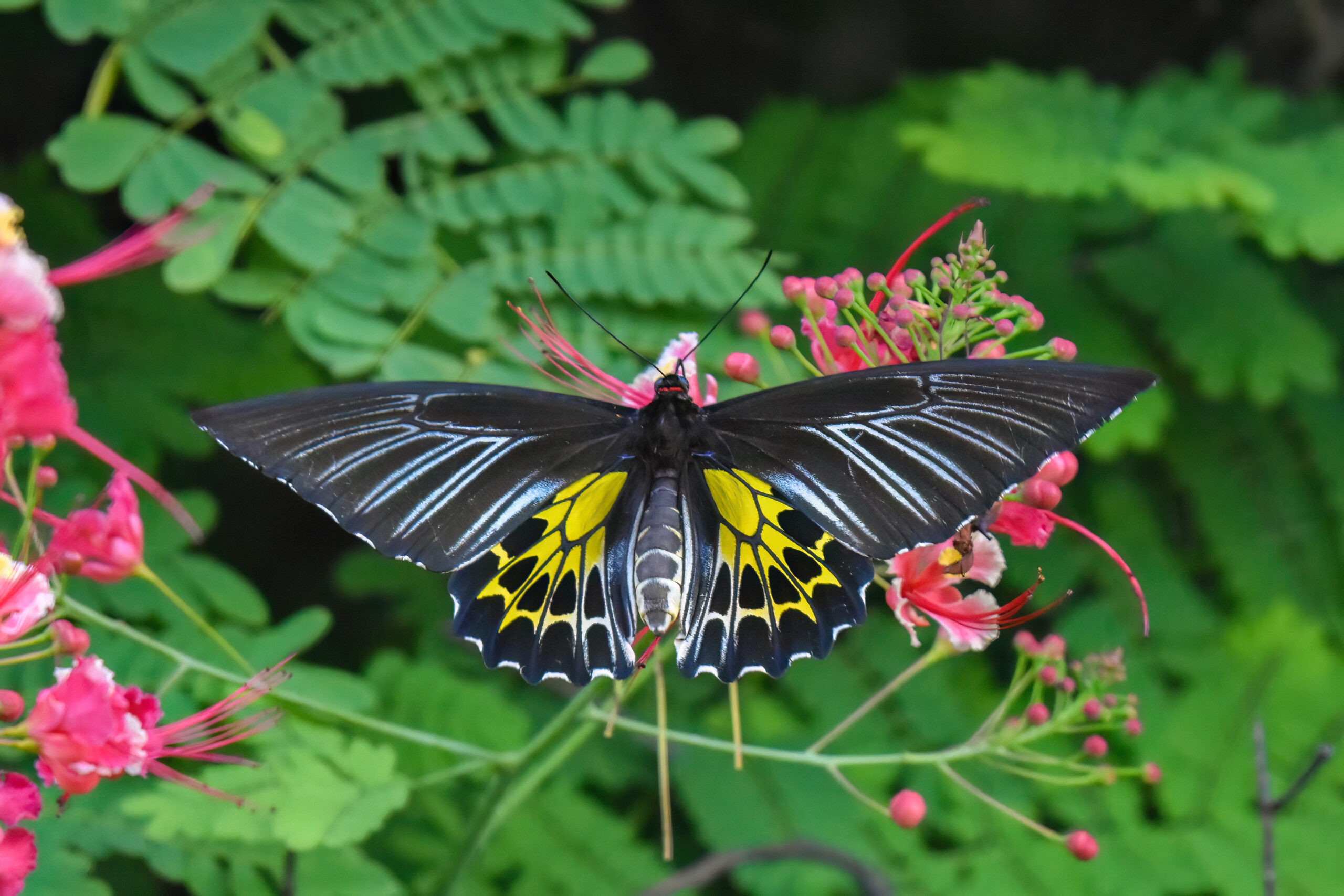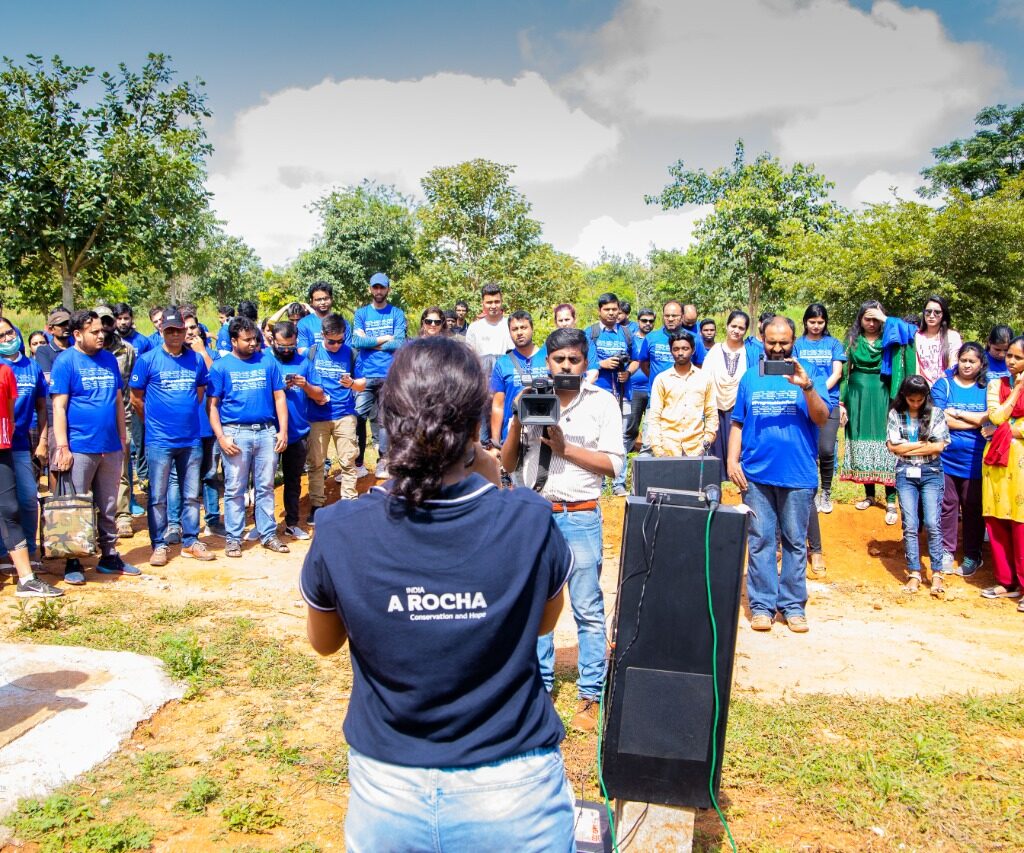Nature Conservation
“What we are doing to the forests of the world is but a mirror reflection of what we are doing to ourselves and to one another”
– Mahatma Gandhi
India’s Unique Biodiversity
India’s biodiversity is globally significant, marked by its variety of ecosystems, species, and genetic resources. Here’s what makes it unique:
- Megadiverse Nation: India is one of the 17 megadiverse countries, harbouring about 8% of the world’s recorded species despite covering only 2.4% of the Earth’s land area.
- Varied Ecosystems: The country has an extraordinary range of ecosystems, from the icy Himalayas to tropical rainforests, arid deserts, coastal mangroves, and coral reefs.
- Endemism: India harbours unique biodiversity, supporting around 11,554 endemic plant species and 28,537 endemic animal species. This means that 23.4% of India’s flora and 28% of its fauna are found nowhere else on Earth. The Western Ghats, in particular, are a hotspot, with up to 40% of plants being endemic. Unique habitats like the Indian savannahs are home to about 206 endemic plant species, with 43% of these discovered in the last two decades. Globally, India ranks tenth for bird endemism (69 species), fifth for reptiles (156 species), and seventh for amphibians (110 species). These statistics highlight the critical need for conservation efforts to protect these irreplaceable ecosystems.
- Biogeographic Zones: India’s biogeographic zones each offer unique habitats and ecosystems that support a rich array of flora and fauna. While the Trans-Himalayan and Himalayan Zone features high-altitude cold deserts, alpine meadows to subtropical forests, the Indian Desert Zone is characterized by its arid regions, and the Semi-Arid Zone includes grasslands and thorn forests. The Deccan Peninsula containing the Eastern Ghats is known for its dry deciduous forests, thorn and scrublands. While the Western Ghats, a biodiversity hotspot which run almost parallel to the Eastern Ghats, feature lush rainforests. The Coastal Zone is renowned for its mangroves, estuaries, and diverse marine life. Collectively, these zones contribute to India’s ecological balance by supporting a variety of plant and animal life.
- Cultural and Biodiversity Interdependence: Indian traditions and livelihoods are deeply connected with nature, reflected in sacred groves, sustainable farming practices, and conservation ethos.
- Biodiversity Hotspots: India has four of the world’s 36 biodiversity hotspots: the Himalayas, Indo-Burma region, Western Ghats, and Sundaland (including the Nicobar Islands).
- Diverse Fauna and Flora: India is home to iconic species like the Bengal tiger, Asiatic lion, Asian elephant, and one-horned rhinoceros, Great Indian Bustard, Purple frog, Golden Mahsheer alongside a rich diversity of medicinal plants like Kutki, Elephant’s foot and Red Sanders.
This unique biodiversity underpins India’s ecological and cultural, and economic fabric, making its conservation a priority.
Conservation Priorities

As one of Asia’s fastest-growing economies, India faces significant pressure on its natural resources and environment. To address this, conservation strategies must integrate community livelihoods and wildlife protection, requiring innovative, dynamic, and multi-disciplinary approaches. A major conservation concern in the Global South is managing human-wildlife interactions, especially in rapidly developing areas. Recent government reports highlight Bannerghatta and Hosur as some of the most conflict-prone areas in South India.
Bannerghatta National Park, located at the northernmost tip of the Eastern Ghats in peninsular India, is a highly fragmented and linear forest tract. It is contiguous to the sparsely forest-covered protected areas of North & South Cauvery Wildlife Sanctuaries in Tamil Nadu and Karnataka. The landscape faces several pressing challenges, including:
- 1. Human-Wildlife Conflict: Addressing the challenges of coexistence between humans and wildlife in rapidly developing areas.
- 2. Land Use Changes and Rapid Urbanization: Managing the impact of urban sprawl and land conversion on natural habitats.
- 3. Community Livelihoods and Well-being: Mitigating the negative effects of environmental degradation on people’s health, culture, and economic stability.
- 4. Climate Change Resilience: Adapting to and mitigating the impacts of climate change on ecosystems and wildlife.
- 5. One Health Approach: Recognizing the interconnectedness of human, animal, and environmental health, and promoting integrated solutions for sustainable development.
A Rocha India's role
At A Rocha India, we focus on local conservation efforts with a global perspective. Driven by our commitment to India’s natural heritage, we blend conservation and social sciences to protect nature.
Our flagship program, the Asian Elephant Conservation Programme (AECP), is the longest-running ecological study on Asian elephants in the Bannerghatta-Hosur landscape. We aim to find solutions that benefit both local communities and elephants. Under this program we have pioneered scientific research by using innovative techniques to understand the landscape and its people. Some of our work includes testing chili-tobacco fences to prevent crop raiding and installing bio-acoustic systems to deter elephants from farmlands. These efforts have led to strategic mitigation solutions, effective education programs and building relationships between the multiple stakeholders from this landscape.
Through our internship program, we support many early-career researchers and conservationists who collaboratively contribute to studying the biodiversity of the Bannerghatta-Hosur landscape. Some of our past work includes species checklists and inventories, behavioural and ecological studies on mammals, birds, reptiles, insects, and plants.


© 2025 A Rocha India
National Office & Field Study Centre
#13, Kaserguppe Village,
Bilwardahalli (Dakle), Bannerghatta (Post),
Jigani (Hobli), Anekal (Taluk),
Bangalore South-560083
Karnataka – IN